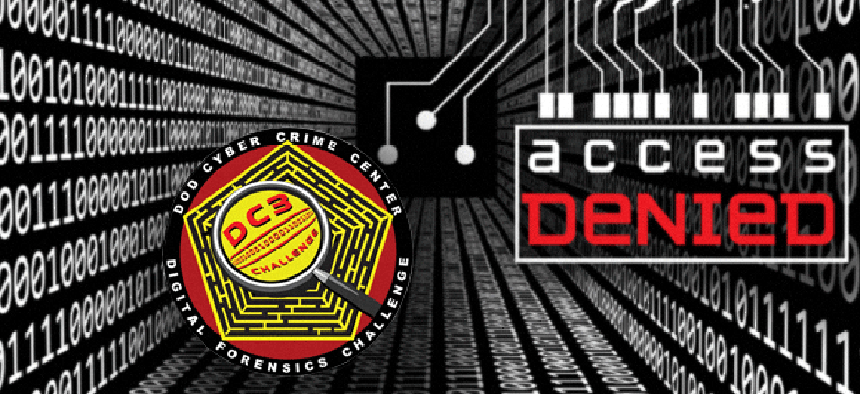Can digital forensics teams beat crime center's challenge?


Connecting state and local government leaders
The Digital Forensics Challenge gives would-be investigators a chance to test their ability by completing increasingly difficult challenges across five levels of difficulty.
The Defense Cyber Crime Center (DC3) annual Digital Forensics Challenge is in full swing, with a new entry-level exercises and 10 percent bonus points offered to submissions received before July 1. The annual challenge is a free, online, international competition for individuals, teams and institutions tackling a series of progressively difficult forensic exercises.
So far, 819 teams have registered and submitted almost 1,400 exercise solutions. Teams hail from 46 states and 43 countries, according to the DC3 Challenge website. The DC3 Digital Forensics Challenge gives would-be digital forensic examiners an opportunity to test and expand their ability by completing increasingly difficult challenges, with the hardest challenges worth the most points.
This year’s challenge features 26 new individual exercises across five levels of difficulty:
- Novice: Exercises with solutions that are well-known to experienced examiners and cover topics such as file signatures, suspicious software and hashing metadata.
- Advanced: These solvable exercises have a varying degree of difficulty and include areas such as data hiding, file headers, passwords and registries.
- Expert: Exercises that may or may not have a solution in disciplines like encryption and parsing.
- Master: Exercises that have no known solution and involve communication recovery/parsing, information concealment in files.
- Developer: These exercises require development of digital forensic tools based on the defined requirements.
Besides running the annual challenge, DC3 provides digital forensics and multimedia lab services as well as training, research, development, testing and evaluation support for cyber counterintelligence and counterterrorism, criminal investigations, intrusion forensics and information operations for the Defense Department, according to the website.
Government-sponsored challenges are becoming increasingly popular, not just as engagement and recruiting tools but as a way to advance technology through widespread participation. In 2012 several agencies ran contests. The Defense Advanced Research Projects Agency offered $40,000 in a challenge using QR codes to understand how social media can help in disaster recovery and the State Department’s TAG challenge tested social media’s capacity to uncover and rapidly spread information. NASA held the International Space Apps Challenge, an effort find innovative solutions to problems both in space and on Earth. And the Centers for Medicare and Medicaid Services in May launched an online competition to quickly and inexpensively develop a new module to help manage Medicaid programs.
Registration information for the Digital Forensics Challenge is on the DC3 website. Solutions are due by Oct. 31; winners will be announced Dec. 2.
NEXT STORY: Group aims to draw the line on counterfeit IT





